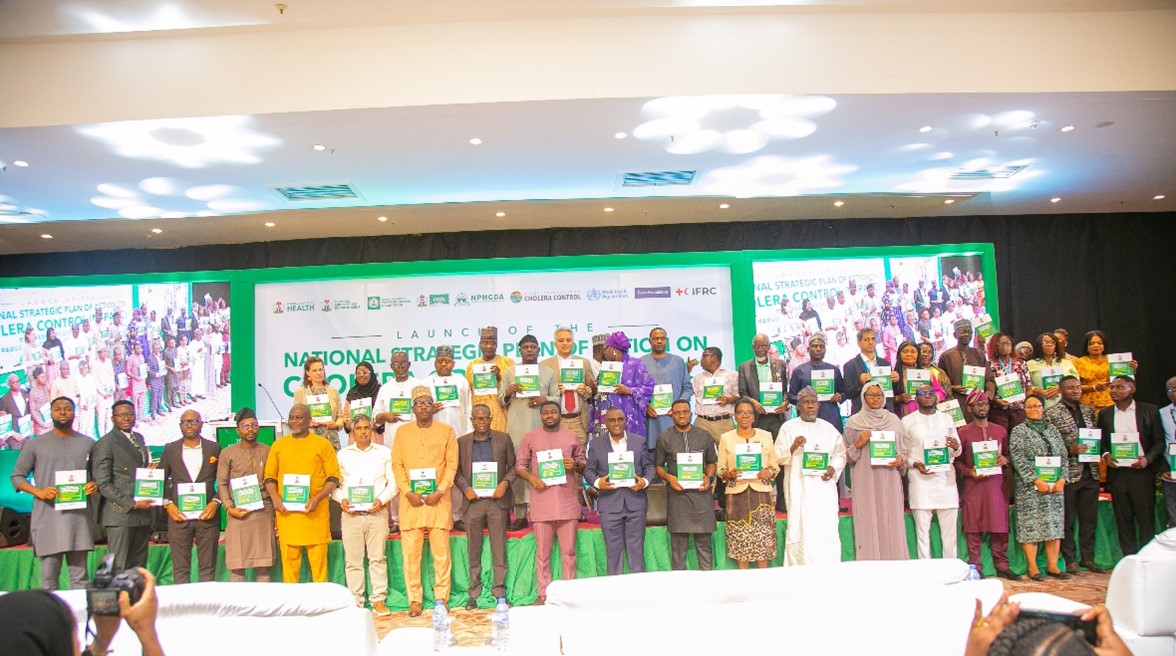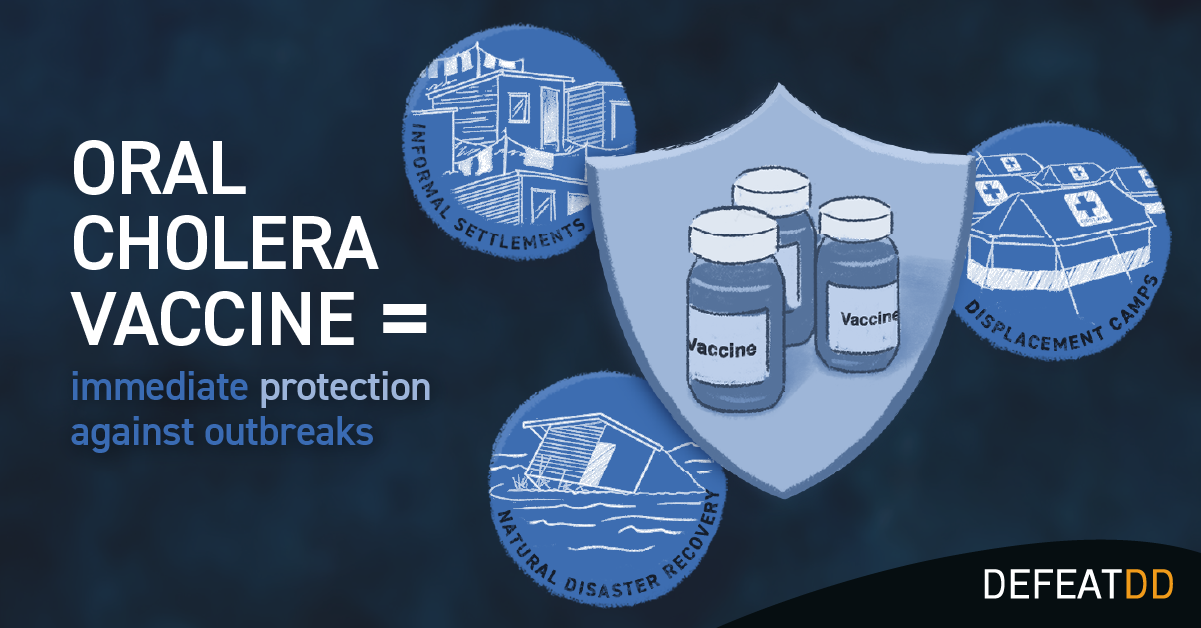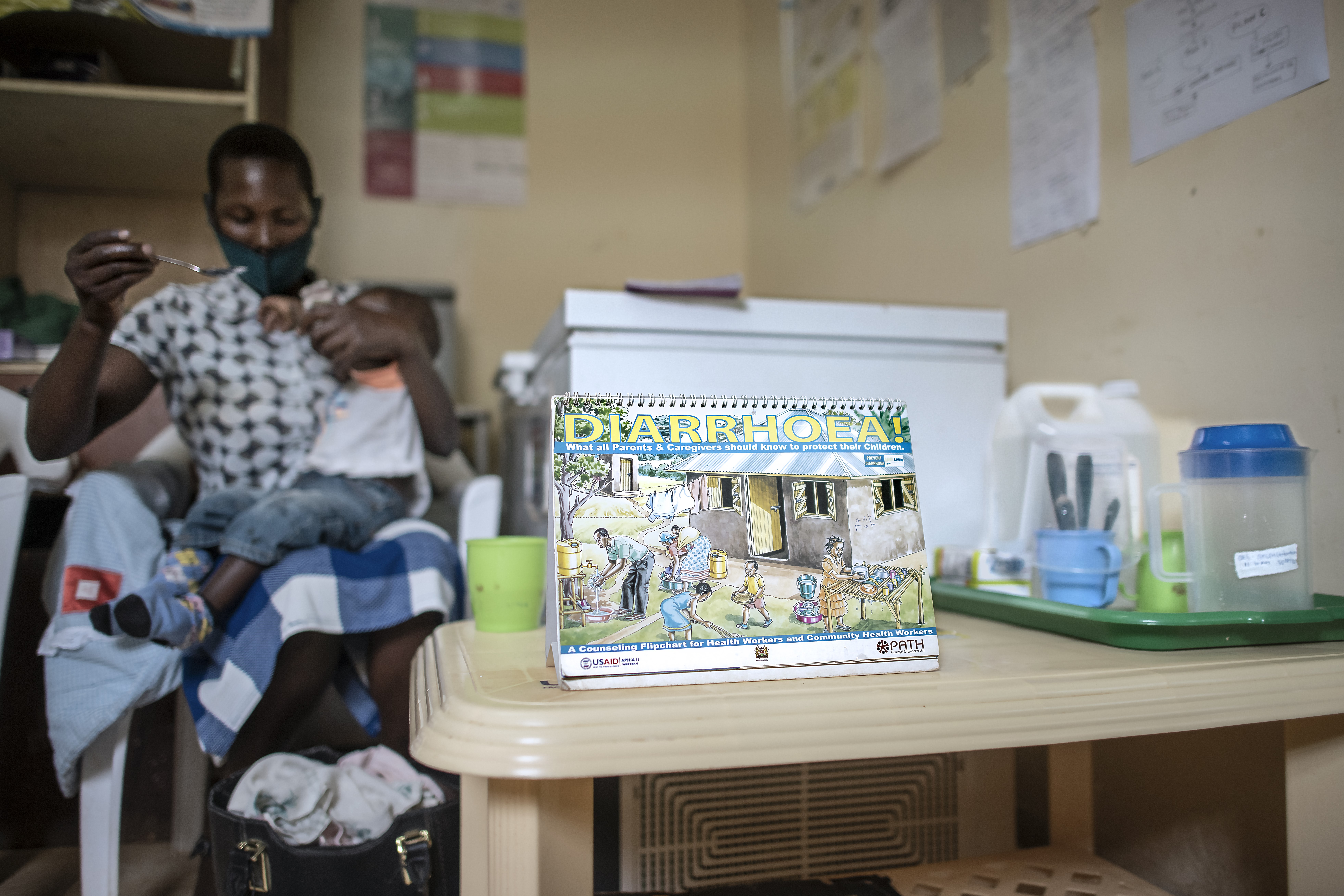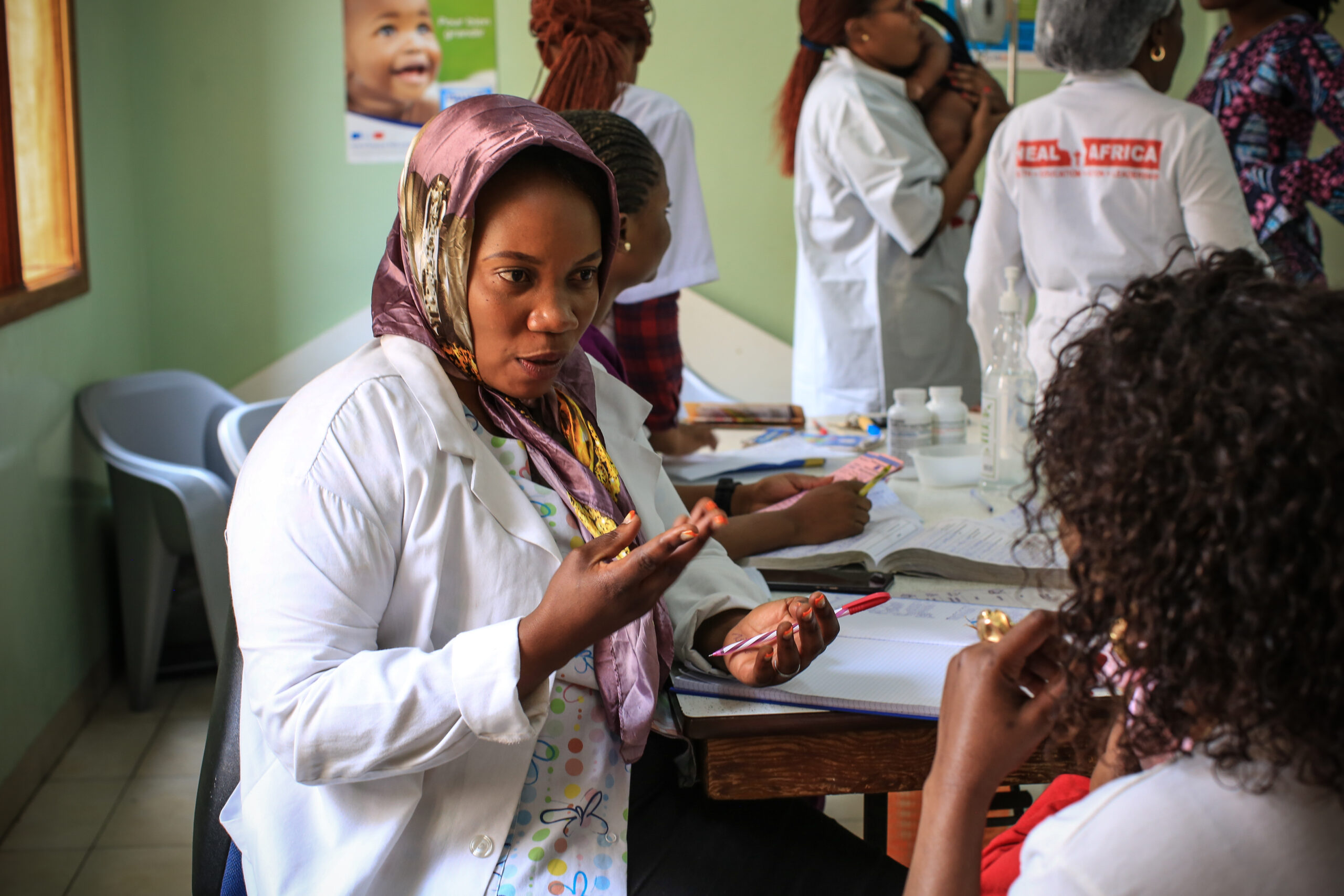
#EndCholeraNigeria: A Journey of Multisectoral and Political Commitment

Honourable Ministers (Health, Water Resources, and Environment) represented by their respective Permanent Secretaries, Directors of Departments and agencies, and Country Representatives of Development Partners WHO, IFRC, UNICEF, UKHSA, WaterAid, MSF, and RTS.
Last week, the Government of Nigeria launched its National Strategic Plan of Action on Cholera Control (NSPACC) 2025–2029, the culmination of two years of contributions of more than 100 individuals across multiple sectors. The document outlines a national strategy to reduce cholera deaths in Nigeria by 90 percent by 2029, and it aligns with the goals of the Global Task Force for Cholera Control (GTFCC)’s Ending Cholera: A Global Roadmap to 2030. #EndCholeraNigeria was the theme of the colorful event, and a spirit of optimism was palpable as policymakers rallied around a call to action to end cholera.
The need for a multisectoral approach is loud and clear. We plan to accomplish this by operationalizing an Interministerial Steering Committee, Chaired by a Member of the Executive (Vice President); ensuring budget line allocations at national and subnational levels; engaging government and Development Banks on long-term water, sanitation, and hygiene (WASH) investments; and tapping development partners for support on specific pillars based on their area of expertise. Thematic areas aside from WASH include coordination, surveillance and epidemiology, case management and infection prevention control, oral cholera vaccine delivery/operations, risk communication and community engagement, and logistics and research.
The NSPACC strategy targets interventions in cholera hotspots, otherwise known as Priority Areas for Multisectoral Interventions (PAMI). In Nigeria, this includes 134 local government areas that are home to 18 percent of the population but have accounted for 71 percent of cholera cases and two out of three cholera deaths over the last six years.
As Nigeria’s GTFCC Country Support Platform (CSP) Country Programme Manager, I have seen firsthand the power of intersectoral collaboration in the development of this plan. The CSP catalyzed, while the government drove, the process. The development and launch of the NSPACC was possible because of political will, and we’ll need this momentum in the months ahead as the work to secure adequate funds to implement the NSPACC continues.
Dr Stephen O. OHIZE
Health Coordinator/Country Programme Manager,
GTFCC Country Support Platform – IFRC


